The Rise and Fall of an Energy Project
The Nabucco gas pipeline has lost the race for carrying natural gas extracted in the Caspian Sea to Europe.

Roxana Vasile, 27.06.2013, 14:54
Europe’s long-standing dream of freeing itself of Russian gas imports has been shattered, at least for the time being. The EU-backed Nabucco pipeline, designed to supply natural gas extracted in the Caspian Sea to Europe, and thus to reduce Europe’s dependence on natural gas imported from the Russian energy company Gazprom, has lost the race to the alternate route implemented by the Trans-Adriatic Pipeline. On Wednesday, the Shah Deniz II Consortium announced having opted for the Trans-Adriatic Pipeline, which is due to carry gas through Greece, Albania and the Adriatic Sea all the way to Italy. The Consortium was the only natural gas provider holding talks with the partners in the Nabucco project.
The original setup was supposed to transport up to 24 million cubic meters of natural gas to the European Union by means of a 1,300-km-long pipeline to Austria, passing through Bulgaria, Romania and Hungary. Romanian president Traian Basescu has recently expressed hope that the states interested in the project would sign a joint declaration giving Nabucco top priority. Besides, Bucharest had already taken a number of steps to support the project, going so far as to adopt a special law making the Nabucco pipeline a national-interest and public utility project. Moreover, the authorities had moved to issue environment certificates to that end, and had kicked off talks with the owners of the land the new pipeline was supposed to cross.
The Nabucco pipeline was designed to cross Romania along 470 kilometers at a total cost of 1.5 billion euros. Of the overall amount, the Romanian state-owned company Transgaz, which owned 17.4% of shares, already invested nearly 25 million euros in the 2007-2012 period. Transgaz expected dividends worth at least 3 billion euros after 25 years. With the recently announced failure of the project, Romania is now considering other options regarding natural gas resources and connecting its domestic gas network to the European market. One option would be to develop the natural and shale gas deposits in the Black Sea, which would enhance the independence of the national energy market. At any rate, Romania has the lowest dependency on Russian hydrocarbons of all Nabucco member states, with local gas output accounting for nearly 80% of Romania’s overall consumption.
The Romanian Interior Ministry sees Romania’s involvement and cooperation within the Nabucco international project as a valuable experience of regional cooperation, which is bound to translate into fruitful alternative projects in the forthcoming period. Diversifying energy sources remains a top priority for Romania and the European Union. Without access to multiple energy sources one cannot aspire to set up a competitive gas market or lower prices for European consumers.






























